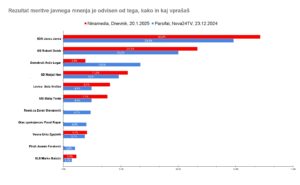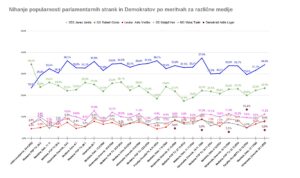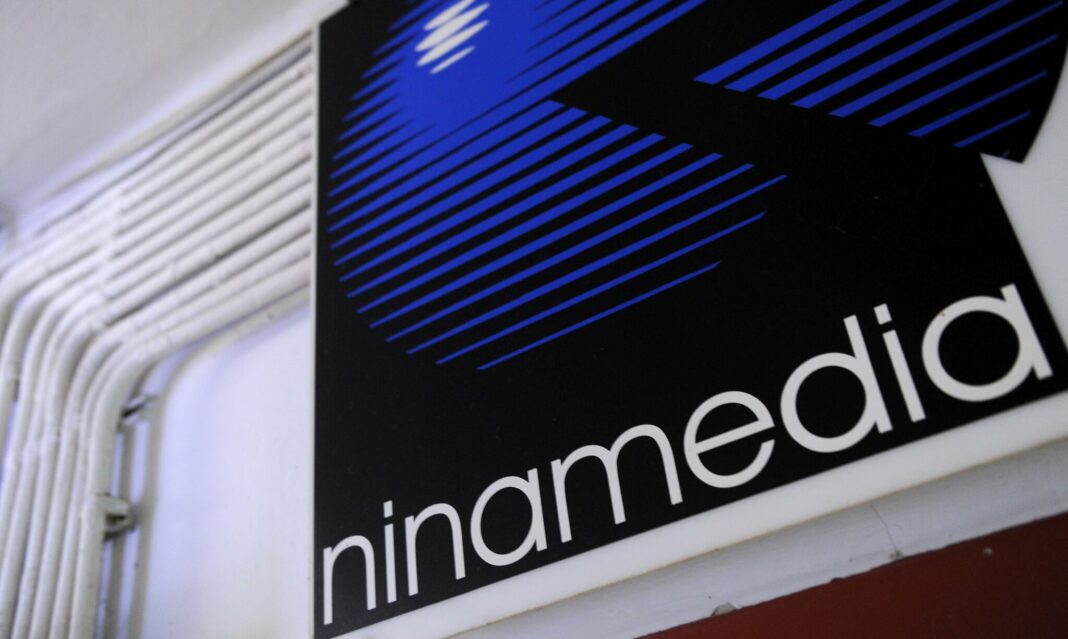By: Peter Jančič (Spletni časopis)
We should not trust measurements of party popularity, as was once again shown yesterday by a Ninamedia survey, with results published by Dnevnik. Similarly to Mediana in recent months, Ninamedia conducted two measurements of party strength in the country. However, neither survey includes only the existing and significant parties.
To their first “regular” survey, which measures five parliamentary parties, they added the Democrats, Vesna, and SLS. According to this survey, Vesna, led by Urška Zgojznik, would enter parliament alongside the currently present parties. Meanwhile, Anže Logar’s Democrats would fall just below the threshold. Why this survey does not measure Zoran Stevanović’s Resni.ca or Pavel Rupar’s Voice of Pensioners can only be explained as unprofessional. In a second survey, where they ask how people would vote if new parties also participated – including a fictional party led by Vladimir Prebilič – the results are dramatically different. The Democrats would land in third place, right after SDS and Freedom, while Prebilič, with a party that does not even exist, would rank fourth.
A comparison of surveys by the Parsifal agency conducted before the New Year for Nova24TV, which included the Democrats in their regular measurement without additionally assessing the potential of non-existent parties, and the regular Ninamedia measurement – which excludes parties that, according to other agencies, would enter parliament or be close to the threshold, such as Resni.ca or the Voice of Pensioners – reveals the following:

The dual measurements conducted monthly by Mediana and Ninamedie in recent times show significant struggles with public opinion on the left. The poor results have led them to attempt to conceal this through unusual polling methods. These methods reveal only that such surveys should not be trusted, as their goal is to shape public opinion rather than measure it. This is why, in their regular pre-election measurements, they immediately include a new-face party backed by Milan Kučan – most recently Robert Golob – but behave entirely differently toward Anže Logar in a similar position, fumbling and acting inconsistently. He is not entirely Kučan’s man.
Fluctuations in support for parliamentary parties, which I have adjusted to include the Democrats for comparison, have been as follows in recent months according to various “regular” surveys:

In the graphics and articles on the Spletni časopis website, the shares of party support have been recalculated to consider only voters who are aligned with a party. This allows for comparison with elections and between surveys. I count those who choose “other” parties among party-aligned voters. These are typically parties that were not offered to respondents but were mentioned by them spontaneously. The original support shares of various surveys, as published by the media and serving as the basis for recalculations, are provided in the tables (click to enlarge all tables).

I include all data used for recalculations, as this helps explain the differences between measurements and allows verification to check if there were any errors during data transfer or processing.

